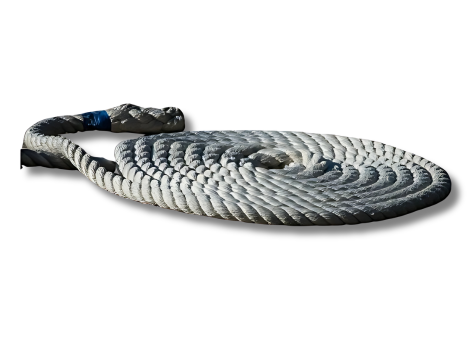BIS certification assures that ropes and cordages meet Indian quality and safety requirements. Manufacturers must get certification to use the ISI mark, which verifies product dependability. The procedure consists of application submission, factory inspection, product testing, and approval. IS 1084:2005 for Manila ropes, IS 5175:1992 for polypropylene ropes, and IS 14948:2001 for nylon ropes are some of the relevant Indian Standards. BIS conducts inspections and laboratory tests before granting the license. This certification is mandatory under the Ropes and Cordages (Quality Control) Order, 2024. Compliance helps businesses gain market trust and meet regulatory requirements for domestic and export markets.

Textiles — Manila Ropes — Specification
1084:2005Fibre Ropes — Polyester — 3-, 4-, 8- and 12- Strand Ropes
11066:2022Textiles — Composite Synthetic Fibre Ropes — Specification
14928:2001Mixed Polyolefin Fibre Ropes
14929: 2022Steel wire ropes – Fibre main cores – Specification
1804:2004Fibre Ropes — Polyamide — 3-, 4-, 8- and 12- Strand Ropes
4572:2022Fibre Ropes — Polypropylene Split Film, Monofilament And Multifilament ( PP2 ) and Polypropylene High-Tenacity Multifilament ( PP3 ) —3-, 4-, 8- and 12- Strand Ropes
5175:2022Fibre Ropes — Polyethylene —3- And 4-Strand Ropes
8674 : 2013Fibre Ropes Of Polyester / Polyolefin dual Fibres
17609 : 2021BIS certification ensures that ropes and cordages meet Indian Standards for quality and safety, allowing manufacturers to use the ISI mark.
Examples include IS 1084:2005 (Manila ropes), IS 5175:1992 (Polypropylene ropes), and IS 14948:2001 (Nylon ropes).
Yes, under the Ropes and Cordages (Quality Control) Order, 2024, certification is required for manufacturing and selling in India.
Submit an application on the BIS website, undergo factory inspection, and complete product testing before approval.
The license is typically valid for one to two years and can be renewed upon compliance verification.